The seventh season of fantasy TV drama Game of Thrones is hurtling to a close, and the burning question for fans right now is: "Who will inherit the Iron Throne?" The BBC's Heather Chen and Grace Tsoi investigate.
The world of Westeros may be fictional, but its origins are far from imaginary. "Medieval Britain has played an enormous impact on the series," creator George RR Martin once said.
What better way to determine the true ruler of the Seven Kingdoms than by using the rules that govern the British monarchy?
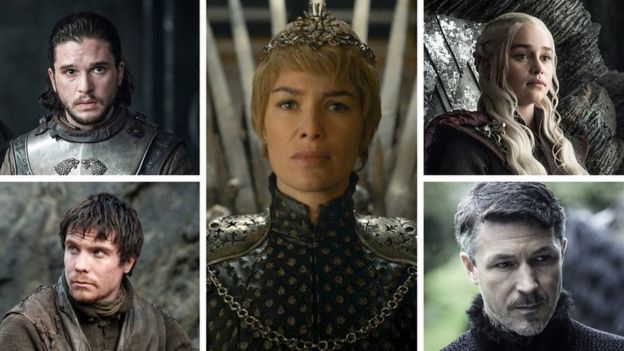 HBO
HBO
We've compiled a list of contenders for the coveted Iron Throne (the seat of the kingdoms' monarchy) and enlisted royal commentator Richard Fitzwilliams and medieval academics Prof Sarah Peverley and Dr Gordon McKelvie to weigh in on each candidate's chances.
WARNING: This may contain spoilers
- What do fans think will happen?
- Game of Thrones in numbers
- Cast emotional as they head for finale
- Follow the BBC's Game of Thrones coverage here
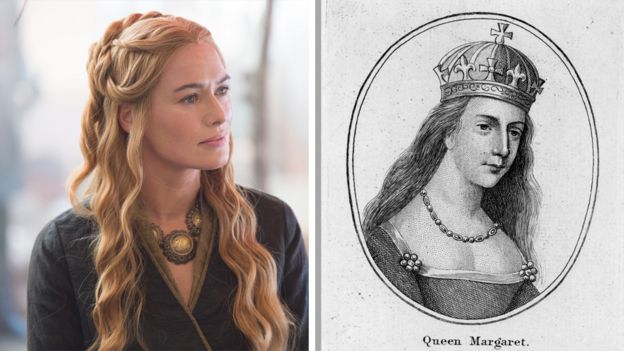 HBO / HULTON ARCHIVE
HBO / HULTON ARCHIVECandidate 1: Cersei Lannister
Born and bred in Westeros, Cersei is a devoted mother who married into royalty. Her late husband Robert Baratheon led a bloody rebellion and overthrew the ruling Targaryen dynasty.
Her children came from an incestuous relationship with her brother Jamie (both their sons became young kings).
While plotting the deaths of her rivals, Cersei lost her three children but ascended to the throne.
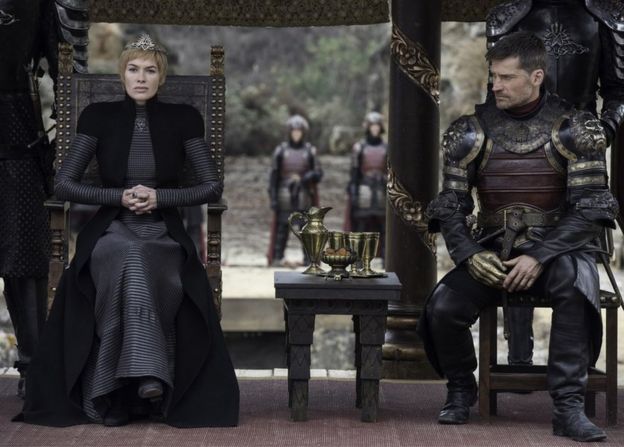 HBO
HBO
Richard Fitzwilliams says: In Britain, an heir is determined by descent and parliamentary statute. Succession is also determined by the sequence of royal family members.
Cersei declared herself queen without any legitimacy. Her claim rests on two things: being Robert Baratheon's widow and the mother of two dead kings.
She resembles the villainous Margaret of Anjou, queen by marriage to the feeble King Henry VI. Margaret was also ruthless and highly influential.
Sarah Peverley says: Inheritance in the Seven Kingdoms is based on real medieval laws, often prone to contradictory interpretations.
Generally speaking, the law of primogeniture seems to govern the Iron Throne, which females can claim in the event of no male heir. Or they can act until a young king comes of age, as Cersei attempted to do. But her current claim rests solely on the power she wields.
Gordon McKelvie says: There have been plenty of unpopular queens with too much influence and power. Cersei seems to share their qualities.
I can't think of any historical example where a king (with no children) dies and passes the crown to his mother. No one in medieval England made such a dramatic grab for power like Cersei did.
 HBO
HBOCandidate 2: Daenerys Targaryen
The dragon queen's journey has been impressive, starting out as the daughter of Aerys Targaryen, the "Mad King" who was overthrown by Robert Baratheon. She went on to become an assertive ruler with a formidable army and dragons.
Her ambition earned her the loyalty of many aides and allies. She fought to abolish slavery and now has her sights set on the Iron Throne, where she plans to end the vicious cycle of power politics.
Like any monarch, Daenerys isn't short of titles. "First of Her Name" and "Queen of the Andals" are some names she goes by.
Will she be able to avenge her family's name?
Richard Fitzwilliams says: The Targaryens were the rightful rulers of Westeros before their dynasty was usurped. In this respect, Daenerys's claims certainly have validity, being in exile would not alter this.
For centuries, monarchy has favoured the precedence of males over females. In 2015, an act known as Succession to the Crown Bill came into force and this meant the eldest living child of a monarch succeeds, regardless of sex.
This would have been good news for Daenerys, were it not for the possibility that her deceased older brother may have had a legitimate son. Fan theories have been suggesting that that Jon Snow is the son of Rhaegar Targaryen and Lyanna Stark.
Daenerys has the support of her dragon children. The dragon we have in the UK rests on the Welsh flag, first used by Henry Tudor at the 1485 Battle of Bosworth which saw the defeat of Richard III and ended the Wars of the Roses.
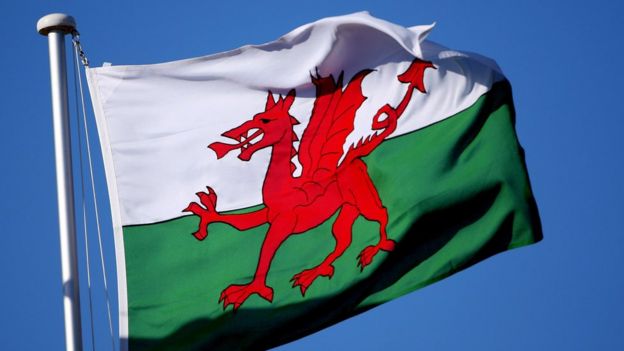 GETTY IMAGES
GETTY IMAGES
Sarah Peverley says: Any house that previously ruled can make a relevant claim to the Iron Throne. However, the problem in Westeros is that nobody follows pre-determined laws.
Daenerys's ancestor Aegon I was a conqueror. In turn, his descendants were overthrown during a rebellion incited by Robert Baratheon. If we apply these precedents, anyone able to conquer lands and hold them possesses the right to rule.
In Daenerys's case, she has a legitimate ancestral claim. She also has an army, dragons and is beloved by those she liberates.
This combination gives her a superior claim over others as she has the interests of the people at heart, rather than her own ambitions.
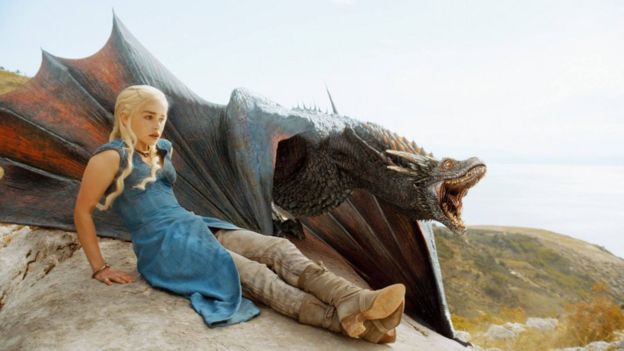 HBO
HBO
Gordon McKelvie says: She is the last Targaryen, or at least everyone thinks she is.
This means a Targaryen restoration was an option, though not necessarily a popular one.
It was important for any monarch to be popular with their nobility as the crown needs to have people willing to fight for it in times of war.
Lord Randyll Tarly's dislike for Daenerys as a foreign invader was a sentiment that would be shared by many throughout British history.
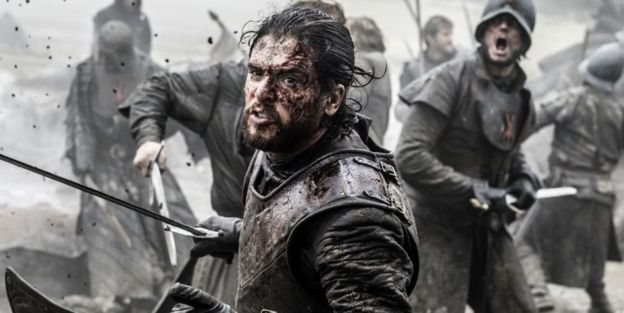 HBO
HBOCandidate 3: Jon Snow
Now a celebrated Northern leader, Jon Snow has come a long way from being outcast as Ned Stark's bastard child.
Illegitimate no more, he is the son of Rhaegar Targaryen (Daenerys's brother), rightful heir to the Iron Throne. The prince was believed to have legally wed Jon's mother Lyanna Stark in a secret ceremony.
Blood from two of Westeros's most powerful houses signals one of the strongest claims to the throne. But would the monarchy have favoured this revelation?
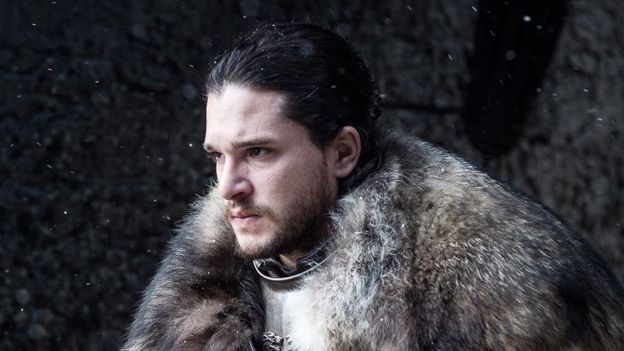 HBO
HBO
Richard Fitzwilliams says: If his father was Rhaegar, Jon obviously has a very strong claim.
He would be more entitled to the throne than Daenerys.
Sarah Peverley says: Being labelled the "rightful heir" isn't quite as clear-cut as it sounds. The Targaryens were a dynasty that ruled by right of conquest. So did the Baratheons.
As Daenerys believes she is the only living Targaryen heir, we can't know for sure how she would respond to Jon's lineage. It is entirely possible that she would follow "tradition" and defer to him, following the lines of primogeniture.
Gordon McKelvie says: If Jon is indeed Rhaegar's legitimate son, this puts him second in line to the throne.
After his father was killed in battle, Jon would be considered the next heir.
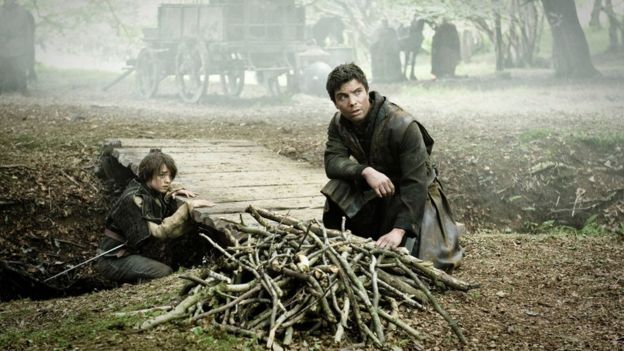 HBO
HBOCandidate 4: Gendry Baratheon
Could Robert's last surviving son give others on our list a good fight?
Young Gendry made his appearance as the late king's bastard child.
With Baratheon blood running through his veins, fans are rooting for the talented blacksmith to uphold one of Westeros's last great houses. But is he entitled to?
Richard Fitzwilliams says: Compared to others on this list, Gendry won't stand a great chance.
But the unexpected often happens: William the Conqueror was born a bastard but took the throne by force at the Battle of Hastings in 1066. He defeated King Harold and became King of England.
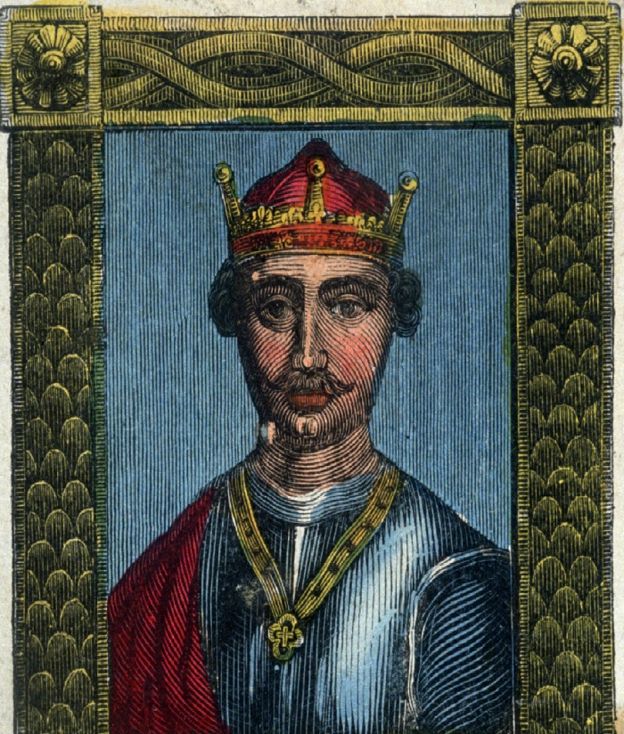 GETTY ARCHIVE
GETTY ARCHIVE
Sarah Peverley says: Gendry was born out of wedlock so this makes his claim weaker than Daenerys (and possibly Jon).
As a medieval rule, bastards could not inherit, especially if legitimate heirs existed.
Gordon McKelvie says: Gendry is a great character but the law made it unlikely he would ever become king.
In England, being a bastard was always a problem so it was unlikely Gendry would fare well against a pure-blooded candidate like Daenerys.
King Henry I had 24 bastard children. Some royal bastards ended up in positions of wealth and influence. Perhaps this is Gendry's fate?
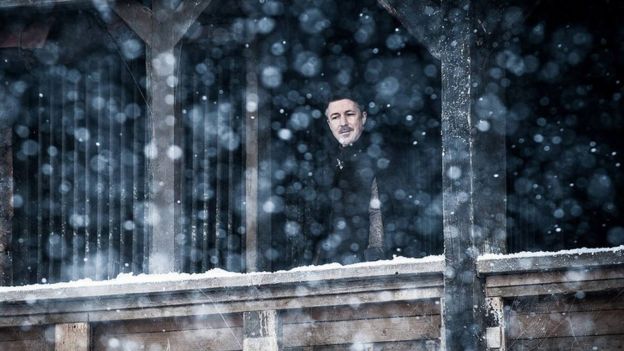 HBO
HBOCandidate 5: Petyr Baelish
Here's a candidate with no royal lineage who has made his desire to rule strongly known.
The low-born Petyr Baelish (nicknamed Little Finger) worked his way into prominence, eventually landing in the late King Robert's court.
He is a skilled manipulator and has been known to play out key allies.
With powerful knights at his command, Baelish's story has been said to mirror that of Thomas Cromwell, who served as royal chief minister from 1532 to 1540.
But are cunning plans enough to win a commoner the right to rule?
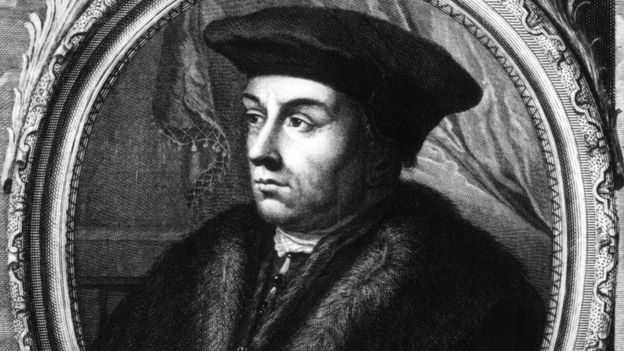 HULTON ARCHIVE
HULTON ARCHIVE
Richard Fitzwilliams says: His chances are nil. He has no royal blood or charisma.
Peter Baelish might rise high but it's a dangerous place to be, as Cromwell, who was later executed by King Henry VIII, eventually found.
Britain is the last European country to have coronation ceremonies with imposing religious rituals. These have remained remarkably similar over the centuries. Crowning yourself would bear no legitimacy, even during the most turbulent times in history.
Sarah Peverley says: Little Finger would use his status to style himself as a "man of the people". If he gains the support of a significant number of lords, there is nothing to prevent him from trying to attain the crown.
He can read others well and he makes people do his bidding so he'd probably be a very strong ruler.
Gordon McKelvie says: As much as I enjoy watching Peter Baelish's schemes, it would not have worked in medieval Britain.
He is similar to many unpopular courtiers, who were seen as exerting more power and influence than they deserved.
When a king was replaced, it was always by someone who descended from an earlier king. So my answer for Little Finger's royal ambitions: simply not possible.
source
http://www.bbc.com/news/entertainment-arts-40972990
Game of Thrones: Who is the true heir?
 Reviewed by Mostaqbali
on
August 27, 2017
Rating:
Reviewed by Mostaqbali
on
August 27, 2017
Rating:
 Reviewed by Mostaqbali
on
August 27, 2017
Rating:
Reviewed by Mostaqbali
on
August 27, 2017
Rating:














No comments: